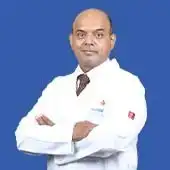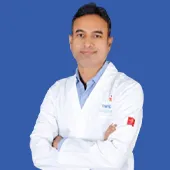We found 7 Gastroenterologists near you in Pune. You can easily connect with a top Gastroenterologist in Pune, who can provide advanced treatment and caring support for your Gastroenterology concerns.
Gastroenterologists near me
7 Gastroenterology doctors in Pune

Medicover Hospitals, Pune

Manipal Hospital, Baner, Pune

Manipal Hospital, Baner, Pune
Rs. 900 Consult Fees

Manipal Hospital, Kharadi, Pune
Rs. 850 Consult Fees

Medicover Hospitals, Pune
Rs. 500 Consult Fees

Manipal Hospital, Kharadi, Pune

Manipal Hospital, Kharadi, Pune
